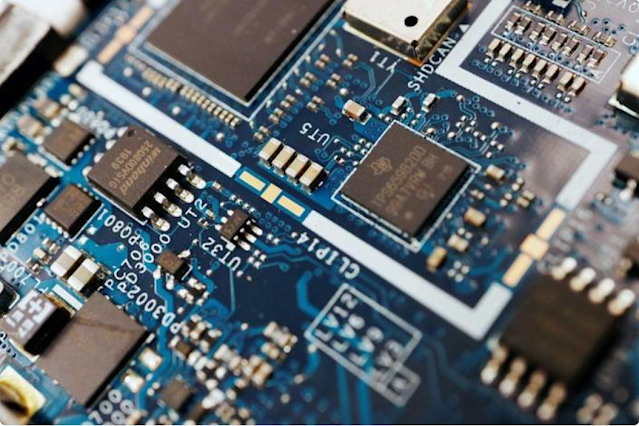Congress approves the $52 billion chip bill in a bid to compromise
ON MONDAY, the US Senate again approved a bill to provide $52 billion in US support for semiconductor chip industries to reach a compromise after months of debate.
A procedural vote of 68-28 returns the legislation to the House of Representatives in a grueling process to eventually launch a formal process known as the "Congress," in which legislators from both houses seek to agree on a compromise version.
Persistent industry-wide chip shortages have disrupted production in the automotive and electronics industries, forcing some companies to scale back production. There have been growing calls for less reliance on other countries in the semiconductor industry.
In June, the Senate first passed chip legislation that allowed $190 billion to boost US technology and research to compete in this industry with China, while the House passed its version in early February.
The bills take different approaches to address the United States' competitiveness with China on various issues and trade and specific climate provisions.
White House spokeswoman Jen Psaki said the congress vote was another step "to strengthen our supply chains, do more in America, and outsmart China and the rest of the world for decades to come. We look forward to the House moving quickly to begin the formal conference process."
A top House Democrat aide said the chamber is set to take the measure and return it to the Senate later this week. Congress will need to vote again to start the convention. A final agreement may not be reached until the summer.
Independent Senator Bernie Sanders has criticized the $52 billion in subsidies as "corporate greed" and said taxpayers should obtain permits or equity from lucrative chip companies in exchange for the contributions.
"The financial gains made by these companies should be shared with the American people, not just wealthy shareholders," Sanders said.
US Commerce Secretary Gina Raimondo noted that the United States produced nearly 40% of all chips two decades ago, while today, it accounts for only 12% of global production. The Senate vote pushed the United States "one more step toward revitalizing the American semiconductor industry, securing our vital supply chains, and bringing home high-quality manufacturing jobs."
General Motors said Friday it would halt production at its pickup truck plant in Indiana for two weeks due to a chip shortage.

Post a Comment